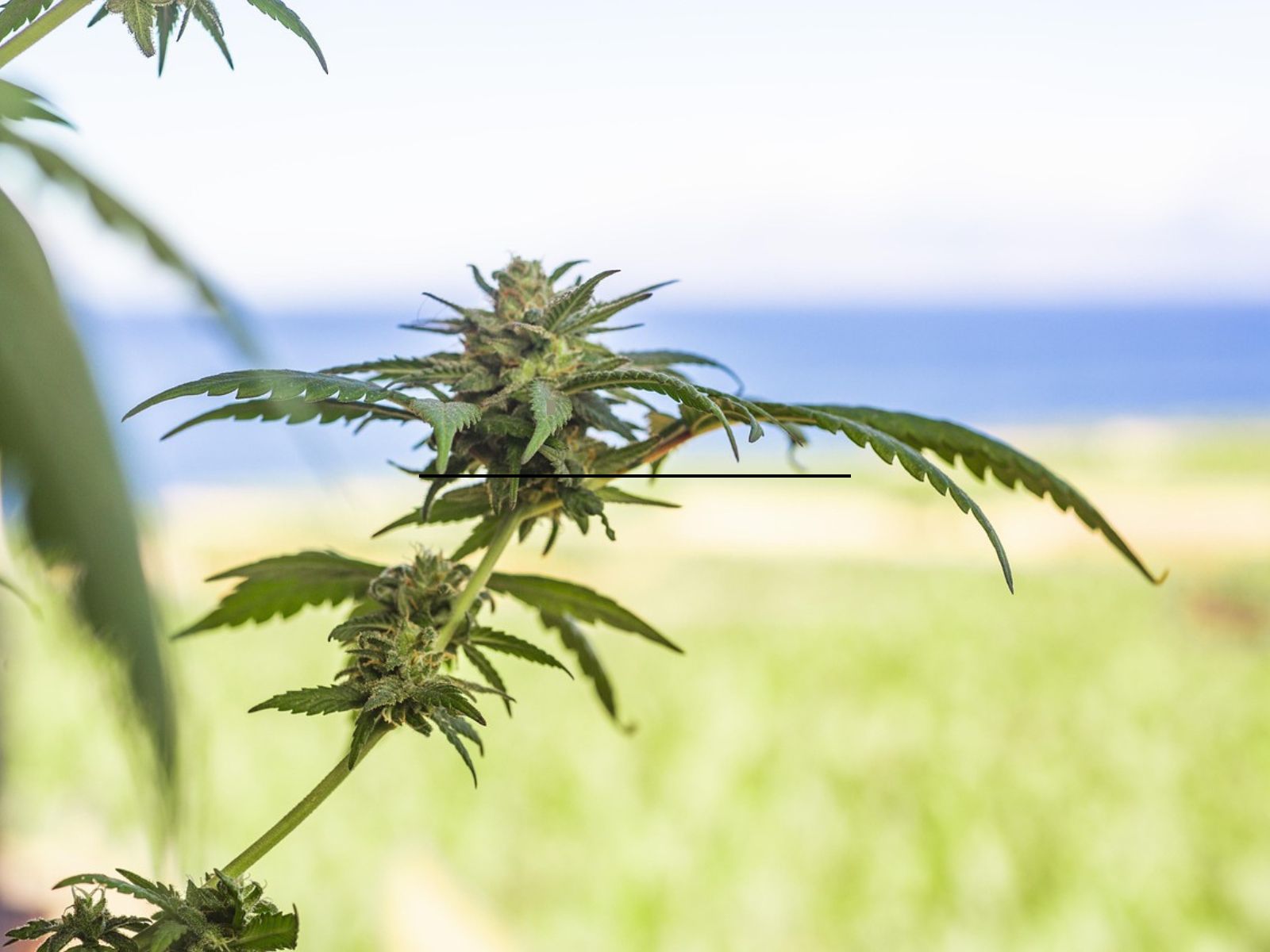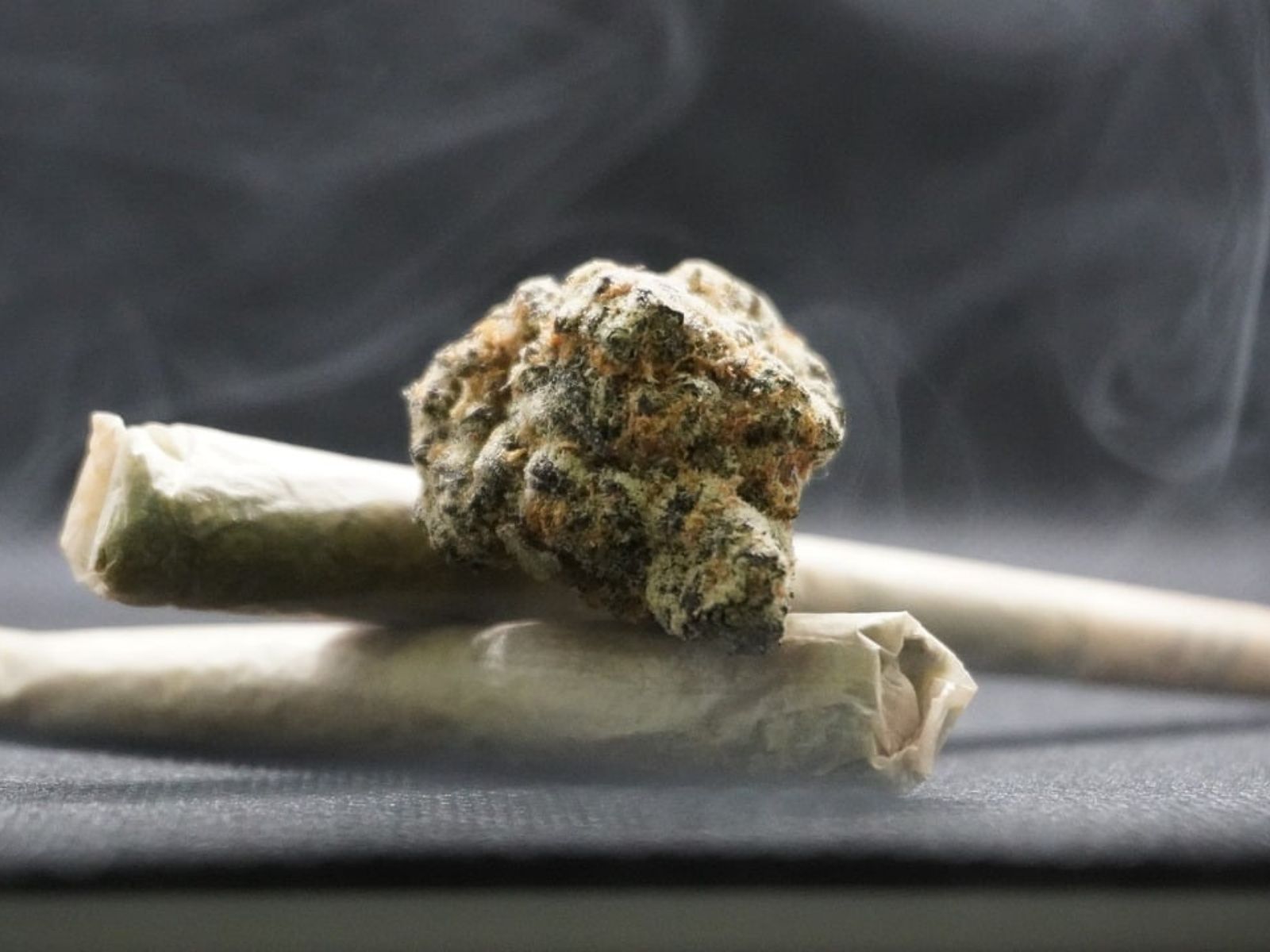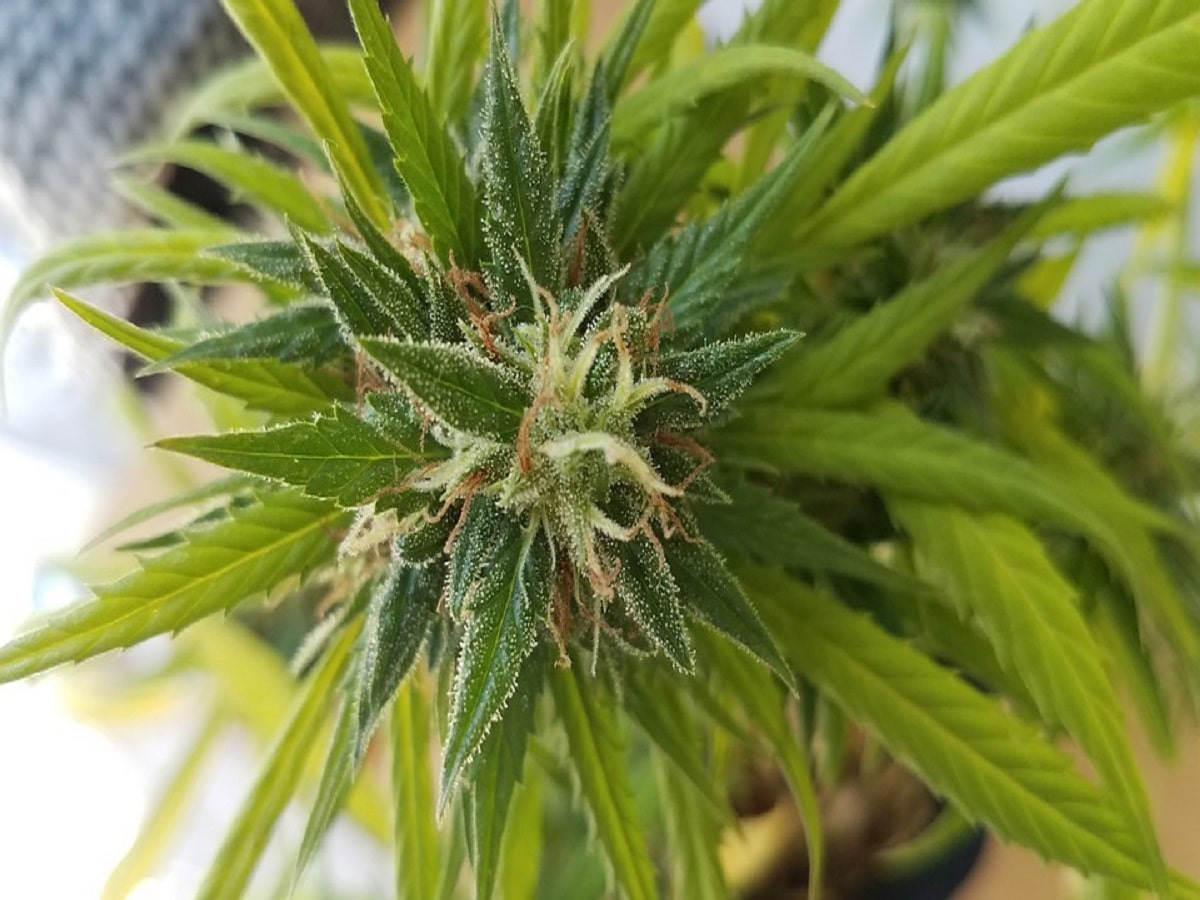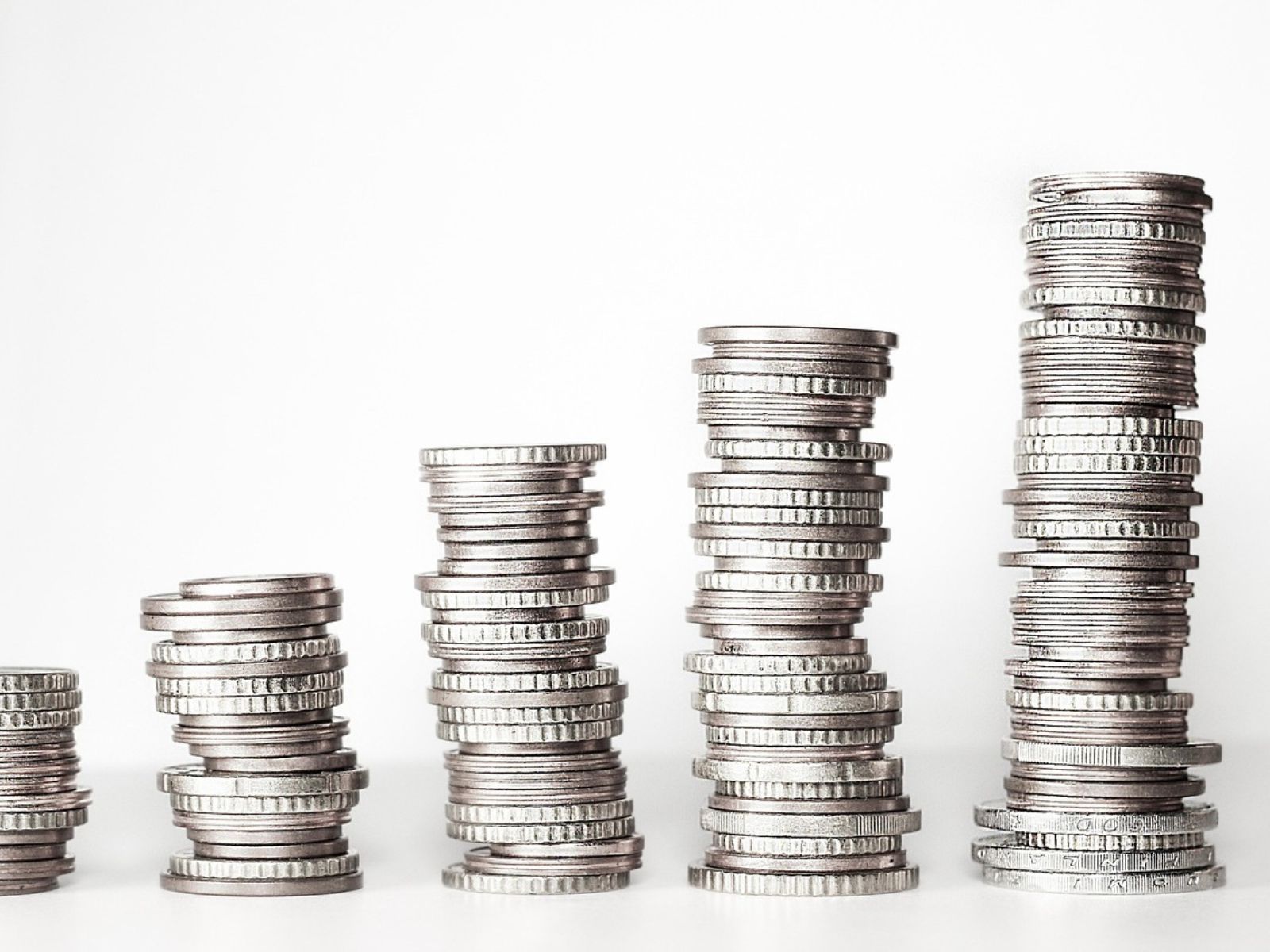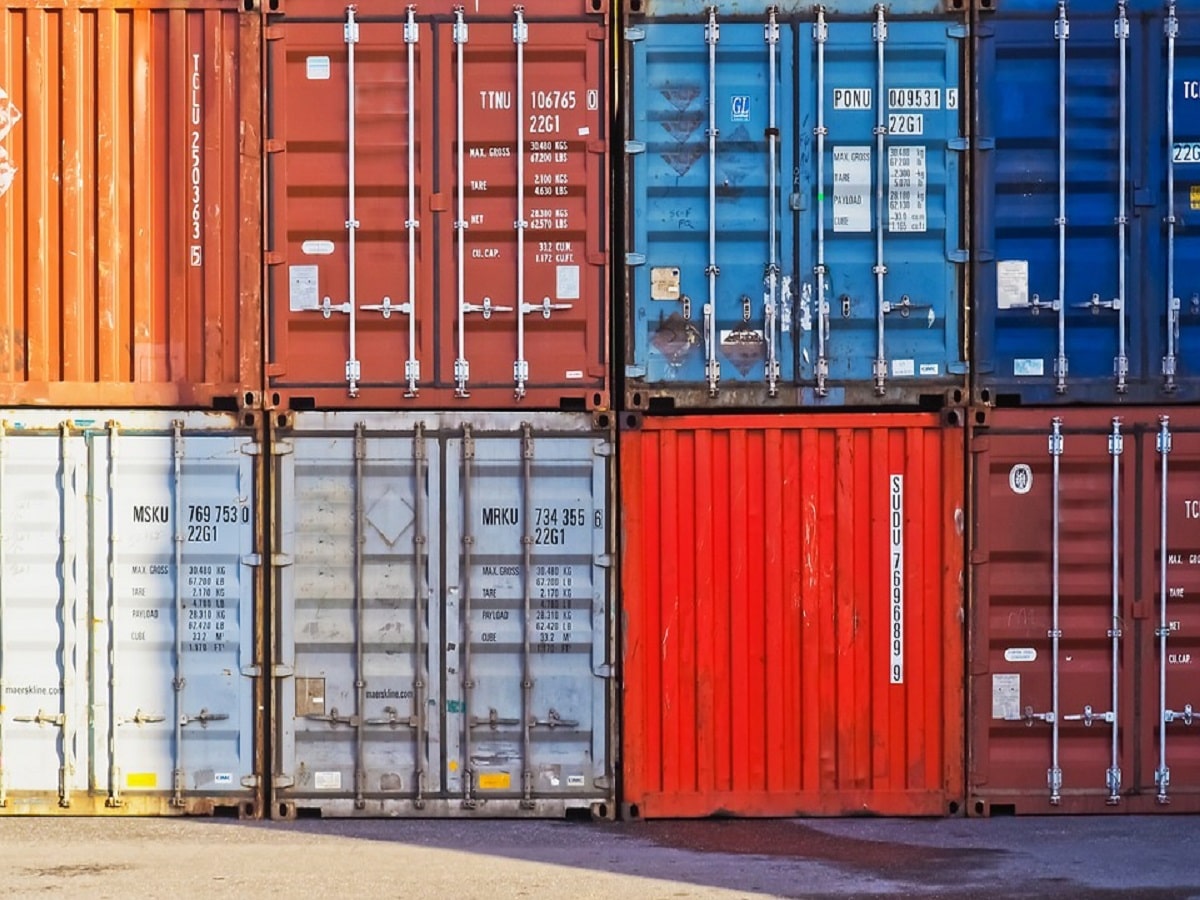
Large Drop In Cannabis Possession Prosecutions In Jersey

Large Drop In Cannabis Possession Prosecutions In Jersey
The topic of cannabis is arguably the most popular topic on earth right now. Momentum for international cannabis reform has never been greater since the dawn of prohibition, and the emerging cannabis industry continues to expand across the globe at an ever-increasing rate.
One place that probably doesn’t come to mind for many people involved in the ongoing international cannabis discussion is Jersey. Jersey is the largest of the Channel Islands located between England and France. It’s a self-governing dependency of the United Kingdom, with a mix of British and French cultures.
Cannabis is prohibited in Jersey, however, prosecutions there have experienced a steady decline over the last handful of years. Per Jersey Evening Post:
The data formed part of a response from Home Affairs Minister Helen Miles to a States written question from Deputy Sam Mézec.
A recent Freedom of Information request also revealed that the number of convictions for class B drugs, which includes cannabis, in 2021 had almost halved when compared with 2020 – falling from 65 to 35. Class A drug convictions also fell by almost a quarter – from 30 in 2020 to eight in 2021.
Simon Harrison, co-ordinator for the End Cannabis Prohibition Jersey campaign group, said he believed the reduction in prosecutions and convictions could be due to the growth of the medicinal cannabis industry in the Island.
What is going on in Jersey is reflective of a more sensible approach to cannabis policy compared to policies found in some other countries where cannabis is not only prohibited, but also carries hefty prison sentences and/or fines.
Currently, if someone is caught with less than 15g of cannabis in Jersey (non-medical patient), it leads to a ‘parish hall inquiry by way of a written caution.’ Anything involving over 15 grams results in a criminal court case, as well as if someone is caught with less than 15 grams of cannabis more than twice in Jersey.
It’s an approach to cannabis enforcement that is clearly not as good as outright legalization, however, it is better than what is in place in many other parts of the world.
Share article
Ticket Prices increase €200
On March 18th

Ticket Prices increase €200
On March 18th

Ticket Prices increase €200
On March 18th
Share article
Join Our Awesome Community
Join Our Awesome Community
Join Our Awesome
Community
Get all the latest industry news
delivered to your inbox


